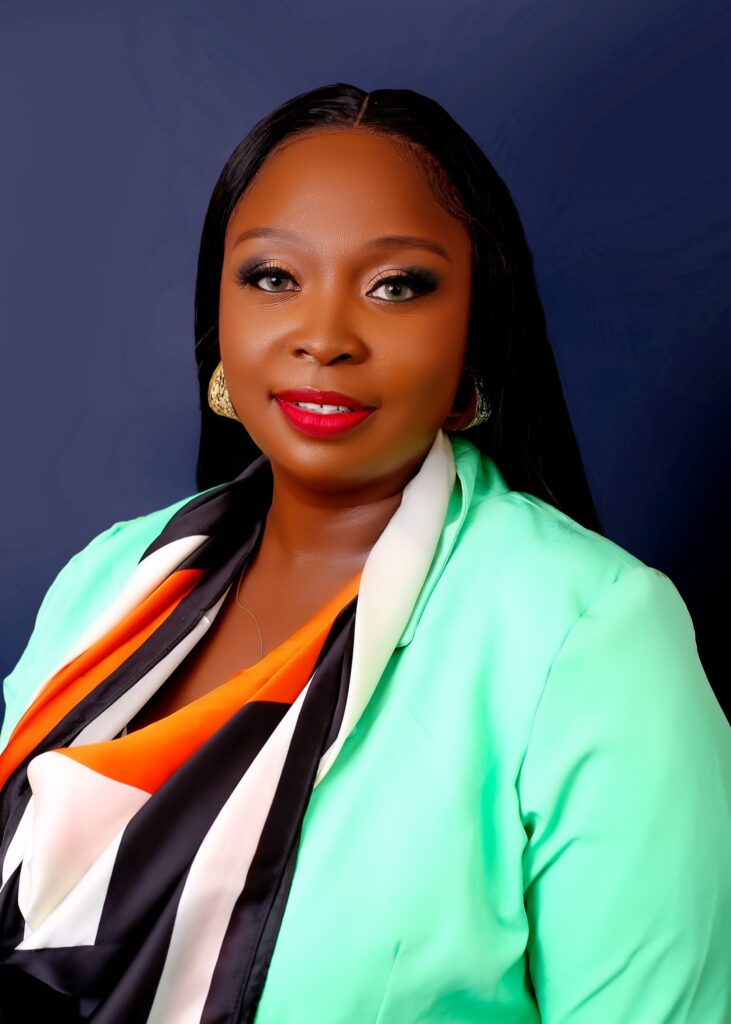Most married women and nursing mothers in the legal profession struggle to manage their professional responsibilities especially if their children are still very young. This challenge is also noticeable among women in journalism, the legal profession, or other careers with significant social impact.
The legal profession demands a great extent of time and commitment, and as such, there is a competition between the demands of the workplace and parenthood thereby placing female lawyers in a tight corner. Female lawyers are often expected to juggle multiple responsibilities including managing their jobs, household and as well as striving for success at their workplace.
This is coupled with time constraints, harassment, and overwhelming work expectations. This multitasking nature often leads to an overwhelming workload, resulting in a tradeoff between family and career.
Statistics reveal that approximately 58 per cent of women in the legal profession have encountered or witnessed sexism first hand including being subject to sexist comments from male colleagues. Alarmingly, about 46 per cent chose not to report such incidents for fear of adverse effect on their career. Some young female lawyers (married and unmarried) experience significant levels of sexual harassment in law firms.
Instances vary from sexiest jokes to inappropriate sexual comments creating an unhealthy, unprofessional work environment. This pervasive issue has driven a lot of female lawyers away from the profession and contributed to broken homes.
According to ALM Law International 2019, sexual harassment and bullying were higher at large law firms at about 53 per cent, compared with small law firms and medium-sized law firms which are 42 percent and 40 per cent respectively. Section 46 of the VAPP law 2015 defines sexual harassment as an unwanted conduct of a sexual nature or other conduct based on sex or gender which is persistent or serious and demeans, humiliates, or creates a hostile or intimidating environment and this may include physical, verbal, or non-verbal conduct.
Similarly, the United Nations describes sexual harassment as unwelcome sexual advances, requests for sexual favours, and other verbal or physical conduct of a sexual nature. People, particularly women and girls, face sexual harassment in all spaces, from online, to the streets, to their homes, to their places of work.
The Violence Against Persons Prohibition Act, 2015, specially criminalises sexual harassment and penalises offences such as rape, infliction of physical injury on a person, willfully placing a person in fear of physical injury; offensive conduct (which may be sexual in nature), economic abuse, intimidation, and emotional, verbal and psychological abuse. Likewise, the Criminal Code from sections 351 to 361 of the Act made provisions for sexual harassment. However, there is a high rate of sexual harassment in workplaces in Nigeria and there is a shortage of legislation that specifically covers workplace sexual harassment in Nigeria save the National Industrial Court Rules 2017.
Section 11(b) of the Legal Practitioners Act 2007 did not define sexual harassment but condemns conduct incompatible with the status of a legal practitioner, which can lead to the name of the lawyer being struck out of the roll or suspended. It is trite that where abuse of the right of another in the workplace is proven, sexual harassment is established. Rule 26 (1) of the Rules of Professional Conduct 2007 provides that lawyers shall treat one another with respect, fairness, consideration, and dignity, and shall not allow any ill feeling between opposing clients to influence their conduct and demeanor towards one another or the opposing clients.
Gender inequality is a significant challenge faced by female lawyers. They are often underpaid or not recommended for promotion in their law firms. Female lawyers who work part-time jobs or flexible schedules are rarely promoted to partner or appointed into the judiciary, because they are often overlooked and are sometimes erroneously perceived as less dedicated to their firm.
Additionally, married women and nursing mothers tend to have heavier burdens with child care and household responsibilities than their male counterparts disrupting their work life and household obligation balance. Also, most female lawyers are given the office-related task to handle limiting their opportunities for courtroom and legal representation.
This gender bias leads to the perception that female lawyers are more efficient with research and less active with court proceedings disadvantaging their prospective for senior roles. Additionally, some female lawyers are subjected to hostile work environments compelling them to leave the practice of law for less demanding jobs. Unfortunately, this workplace discrimination persists in the legal profession where women are often placed on a different career path than their male counterparts making it more challenging for both married and unmarried female lawyers to advance in their careers.
Balancing parenthood and a legal career can be very demanding, especially for a public interest lawyer. Female lawyers without domestic support spend more time on housework and attending to the children affecting their career focus. This imbalance can strain relationships and lead to an increase in divorce rates or broken homes of female lawyers more than their male counterparts.
It is important to note that, most young female lawyers have slightly higher divorce rates than their male counterparts which are about 10 to 7 per cent respectively. Most law firms grant only three month maternity leave which is inadequate for nursing a baby. In addition, some female lawyers decline to travel out of jurisdiction for legal matters because of security reasons and this equally creates a bad impression on their capacity and ability to discharge their duties.
The orientation of the legal profession is largely controlled by men in nearly every jurisdiction restricting the active participation of female lawyers in the conduct of affairs of the legal profession. This is the root of the problem and the reason why little or no attention is given to female lawyers. To address these issues, we recommend that law firms should adopt progressive office management and equal gender policy.
For instance, male lawyers should be given the opportunity to partake in reasonable paternal leave. Female lawyers should be given the benefit of the doubt and not easily judged by parenthood in the discharge of their duties. It is no news that law firms would rather employ single female lawyers than married or nursing mothers regardless of their qualifications or experience. This discriminatory act needs to be stopped. In addition, law firms should make provision for formal and informal mentorship opportunities for young female lawyers, especially on how to balance work, personal, and professional life.
There should be more encouraging measures of performance and capacity other than the billable hours model and the workplace made more flexible to accommodate childcare and other family needs. It is also essential to raise awareness about sexual harassment in the legal profession and encourage victims of sexual harassment to speak out.
We recommend the strict enforcement of the National Industrial Court Rules on areas of sexual harassment in the workplace including the prohibition of verbal words or physical conduct of a sexual nature against colleagues.
Conclusively, the Rules of Professional Conduct should be amended to explicitly prohibit sexual harassment in the legal profession, and promote inclusivity and fairness to achieve an equitable and more supportive legal profession.
Aigbokhan and Osazuwa are both of FOI Counsel.
By President Aigbokhan and Osazogie Osazuwa











